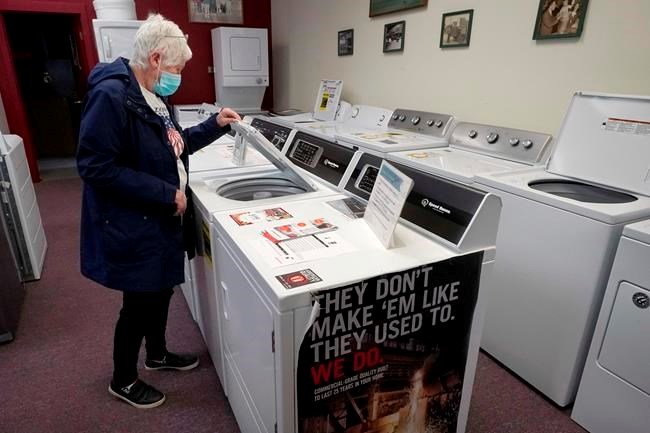WASHINGTON — U.S. consumer confidence surged in March to the highest reading in a year, helped by increased vaccinations and more government economic support.
The Conference Board said Tuesday its
The present situations index, based on consumers' assessment of current business and
Conference Board senior indicators director Lynn Franco said the significant improvement in the index and its two major components was a good sign for future economic growth.
“Consumers' renewed optimism boosted their purchasing intentions for homes, autos and several big-ticket items,” Franco said. But he noted that concerns about inflation had also risen, likely because of rising gasoline prices, and this could temper spending in the months ahead.
Most economists are forecasting strong growth in coming quarters, powered by a surge in consumer confidence and consumer spending, which accounts for 70% of economic activity.
“The recovery in consumer confidence is set to continue in the coming months, buoyed by the combination of improving health conditions and wider vaccine distribution,” said Lydia Boussour, lead U.S. economist at Oxford Economics. “This should support hearty consumer spending and pave the way for a mini-boom in economic activity this spring and summer.”
Martin Crutsinger, The Associated Press



